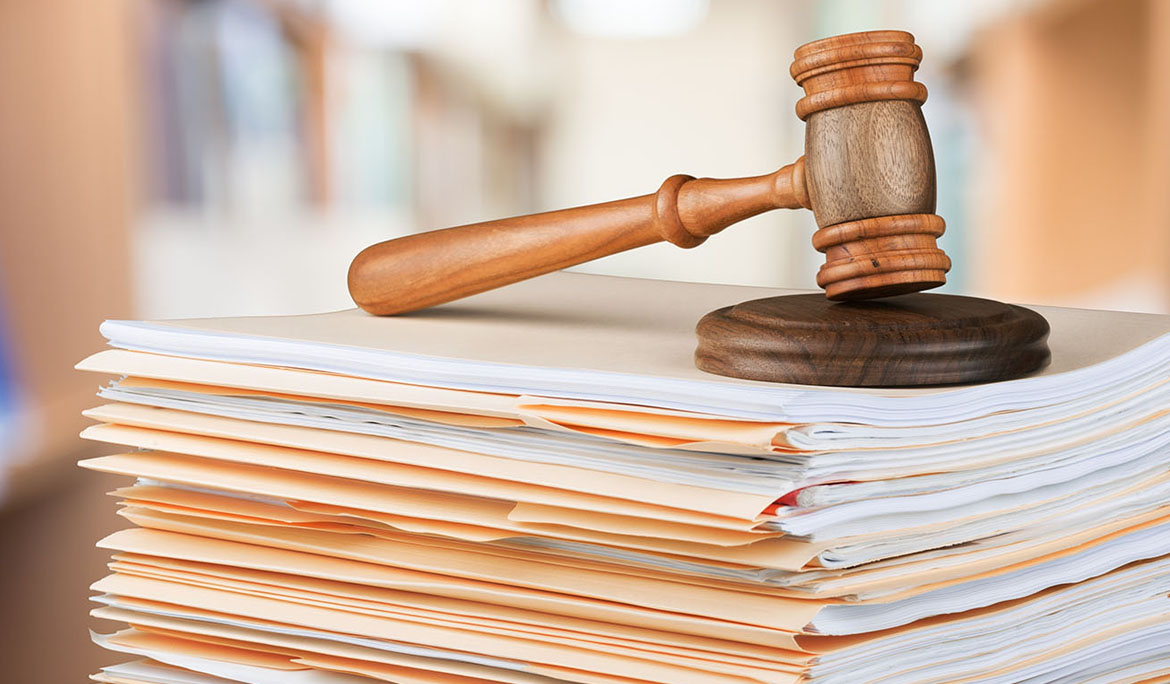
The Turks and Caicos Public Order Bill seeks to introduce a series of public order offences, and a clamp down on, amongst other things, the sending of offensive messages and dissemination of false information.
Two offences are created in the Bill with the stated aim of prohibiting people from the use of, for example, threatening, abusive or insulting words, signs or behaviour intended to cause that other person (i) to believe that immediate violence is going to be used against him or somebody else (Section 3); (ii) to be harassed, alarmed or distressed (Section 4).
The violence also includes violent conduct towards property as well as to persons.
The important note to make here is that there has to be an intention, on the part of the offender, to have those effects on the other person. As it relates to the section 3 offence, the threat of violence has to be immediate. That will indeed be open to interpretation, by the police, the Courts, and Defence Counsel.
Overall though these seem to me to be sensible proposals.
However, it appears that neither of these offences can be committed if both individuals, the offender and the ‘victim’ are in the same dwelling or in separate dwellings, which does appear to leave a lacuna. It is unclear from the Bill whether dwelling would, for example, include a porch or deck at the dwelling. I suspect that it ought to, being ‘part of a structure occupied as a person’s home’. However, the wording of the sections would therefore appear to exclude a neighbour launching a volley of abuse from his porch to his neighbour sitting on his. I cannot quite understand the logic there.
As it relates to the offence of causing fear of violence (section 3) for those in the same dwelling for example, that might mean that you could instead be charged with the offence of affray which is also created by this Bill under section 2. That deals with the threatening or use of violence against another. Some potential offences might otherwise be caught by the Summary Offences Ordinance, but the sentencing powers are significantly less than what are proposed under this Bill.
Under section 5, there is a separate general offence of causing harassment, alarm or distress along similar lines as the section 4 offence except that it would appear that the behaviour and words do not need to be aimed at anyone in particular.
Strangely, section 6 of the Bill appears to impose an element of ‘intention’ into the section 5 offence which is not actually referred to in section 5. I wonder if this might be a drafting error since the element of intention is expressly included in the wording of the section 4 offence, and yet section 6 makes no reference to section 4 at all, whilst it does for sections 2 and 3.
Part III of the Bill appears to be causing the most controversy in the Islands. First and foremost, the freedom of expression is sancrosanct and protected by our Constitution.
If section 9 of the Bill is read carefully, it is difficult to see how what it is trying to achieve should be objectionable.
Section 9 of the Bill stops one person sending to another person any communication which conveys a message which is indecent, grossly offensive, a threat, or information which is false, and known or believed to be false by the sender. The sender though can only be guilty of the offence if his purpose in sending that communication is to cause distress or anxiety to the recipient. The section also protects an individual where he has made a threat to ‘reinforce’ a demand that he has made on reasonable grounds, but he must also believe that it was right of him to make that threat.
Section 10 prohibits the use of a public telecommunication system to send a message or anything else which is grossly offensive, indecent, obscene or menacing. The section fails to attempt to identify what might be considered to be ‘menacing’. That will be open then to interpretation by the ‘victim’, the police, and ultimately the Courts.
The following sub-section in that section prohibits sending messages which are known to be false for the purpose of causing annoyance, inconvenience or needless anxiety to another.
Both of these sub-sections are again open to interpretation which is not helpful either to the Courts or to the potential accused. There is clearly room for subjectivity here.
It is also not helpful that the Bill does not define what is meant by a public telecommunication system. We are left to assume that this means telephones only (cell and landline) since television and radio broadcasters are expressly excluded.
Part IV of the Bill deals exclusively with the protection of witnesses, jurors and judicial officers (which includes Judges, Magistrates, Court Clerks and attorneys) from intimidation and harm. It is difficult to see how these proposals can be criticised. They are long overdue.
Overall, the provisions of this Bill, in my view, will do more good than harm. Freedom of expression is protected by the Constitution. There are many robust Defence Lawyers in Turks and Caicos Islands that will seek to protect those privileges for Defendants wrongly accused. As with much new legislation, there will be instances of perhaps over-zealous policing in the first instance. There is risk there most definitely. The Courts will set the benchmarks though, going forward. Freedom of expression can be preserved, but the rights of others should also be respected.
 Written by Craig Oliver
Written by Craig Oliver
Craig Oliver is a Senior Associate at Wessex Fairchild with a wealth of experience in civil, company and commercial matters including advising on company and business sales, purchases, and set-ups, partnerships, joint ventures and corporate restructuring.


